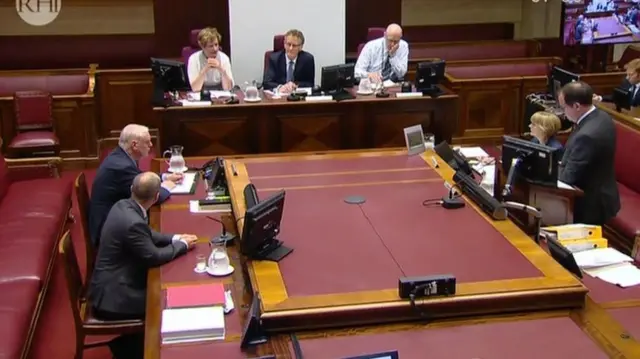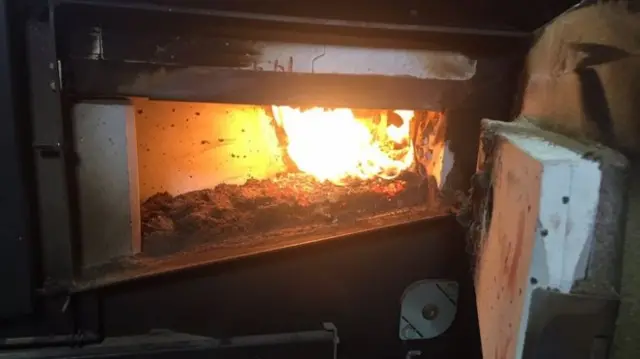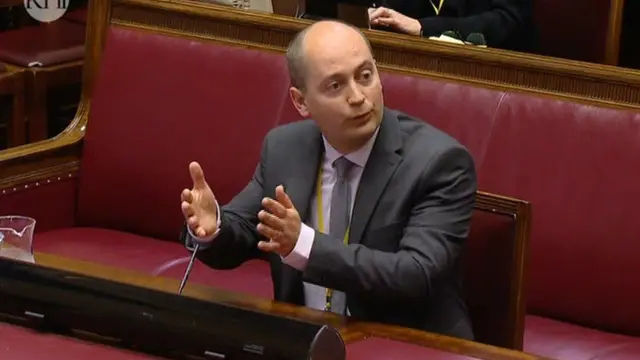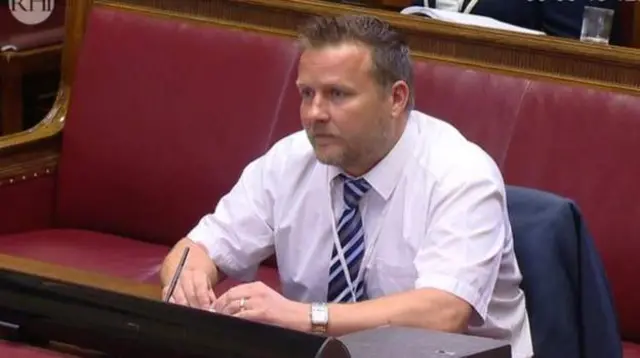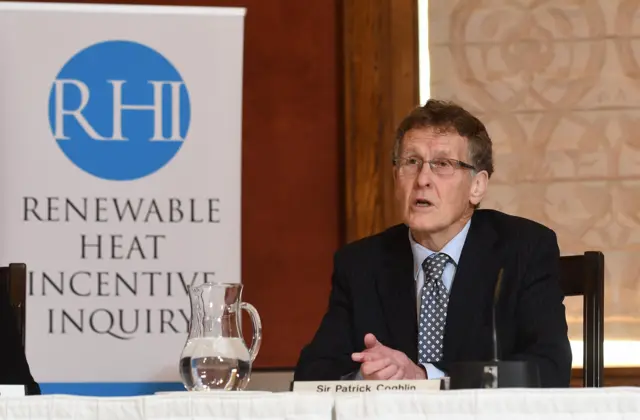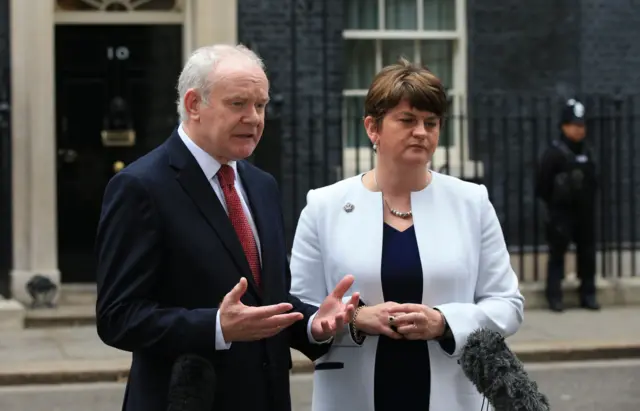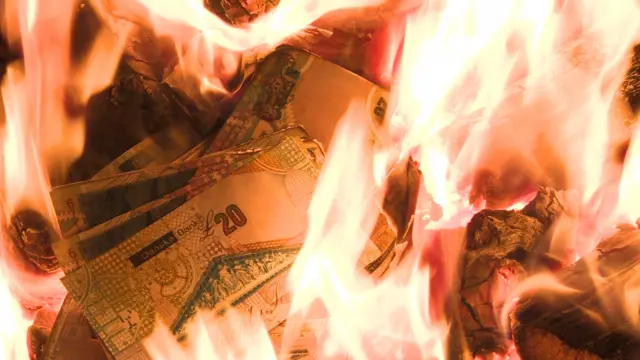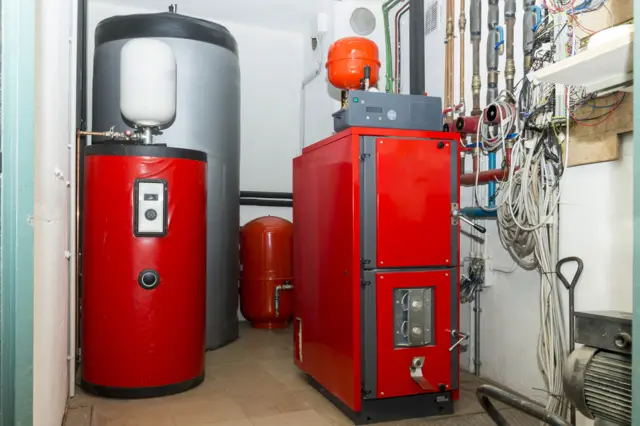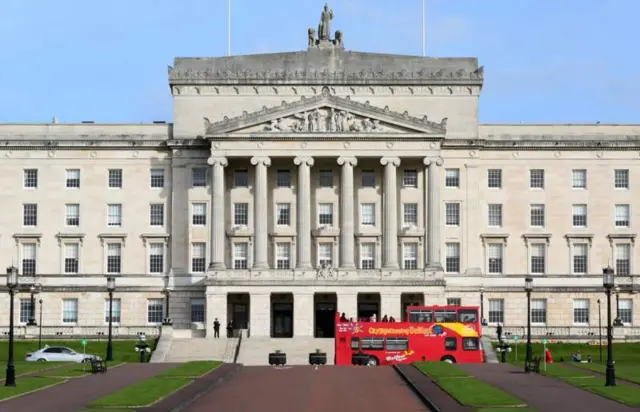'Just 31 audits carried out over first three years'published at 10:47 BST 7 June 2018
For the first full year of the RHI scheme in Northern Ireland - which opened in November 2012 - Ofgem proposed that five audits of biomass boilers should be carried out - by that stage 30 installations had bee approved.
Twelve audits were carried out the 2014-15 and 2015-16 there were 14 audits - that amounts to 31 audits across the first three years of the scheme's operation.
 Image source, Getty Images
Image source, Getty ImagesIn that time there had been 2,120 applications to the scheme.
The 31 audits amounted to 1.46% of those applications - far below the intended 7.5%.
